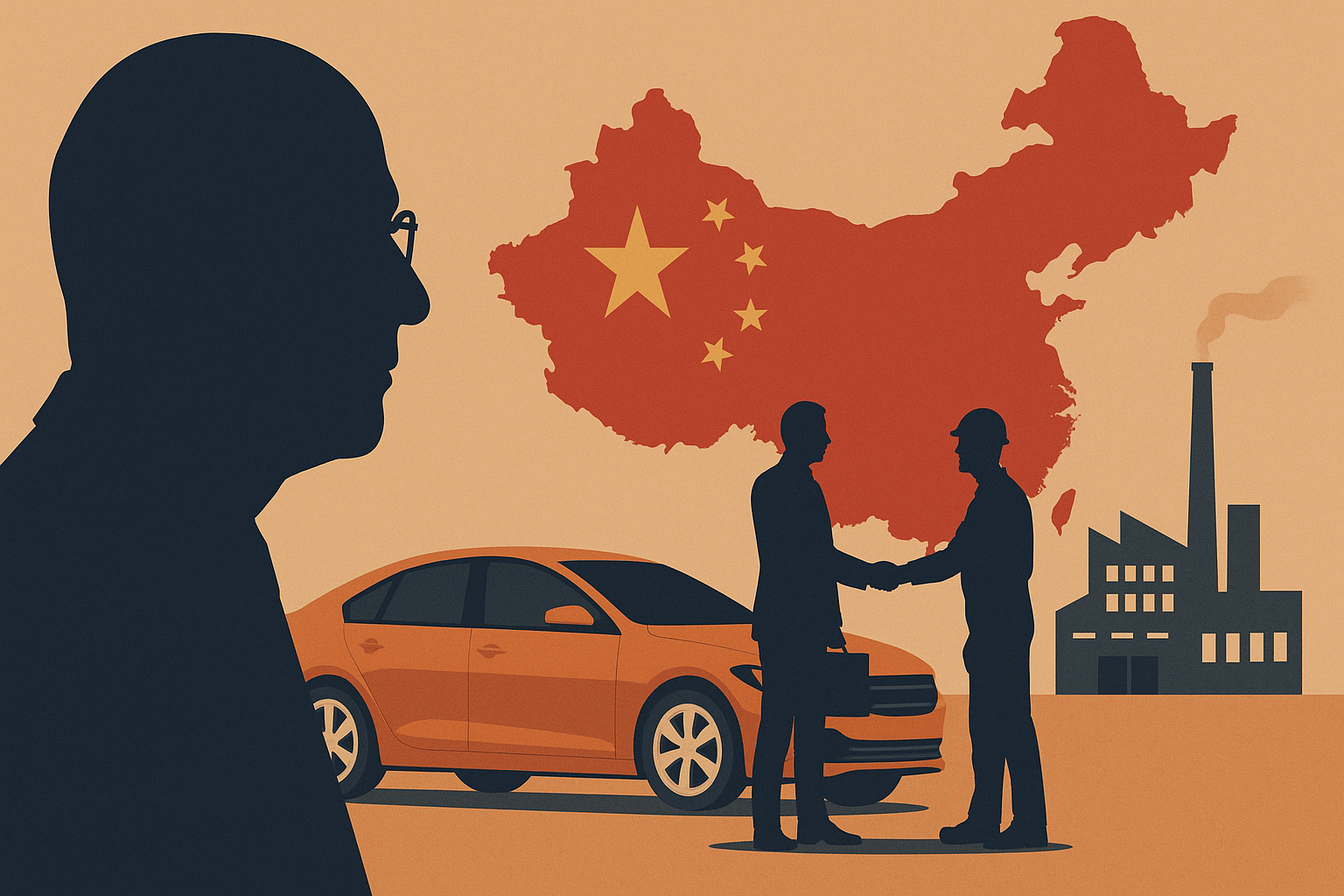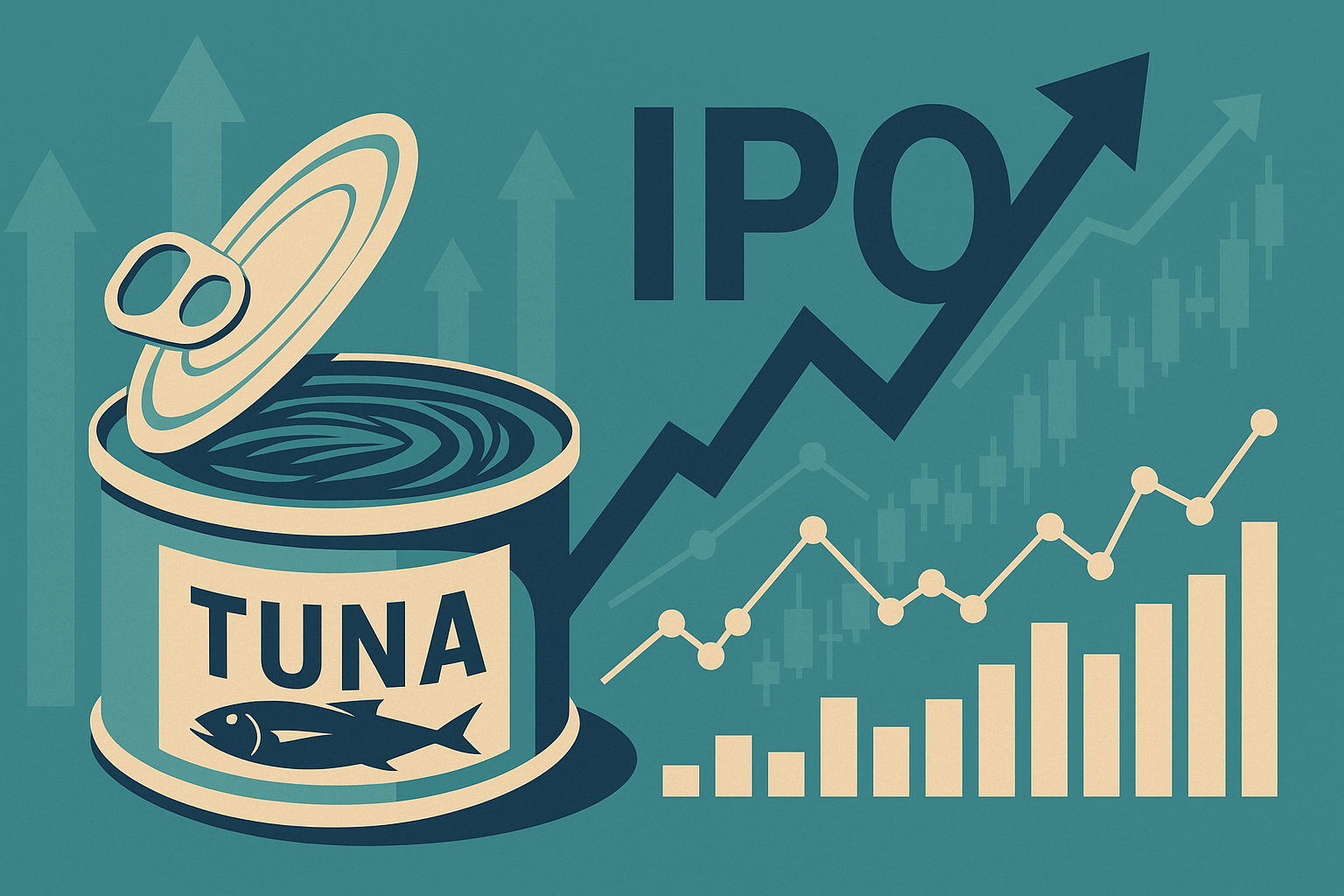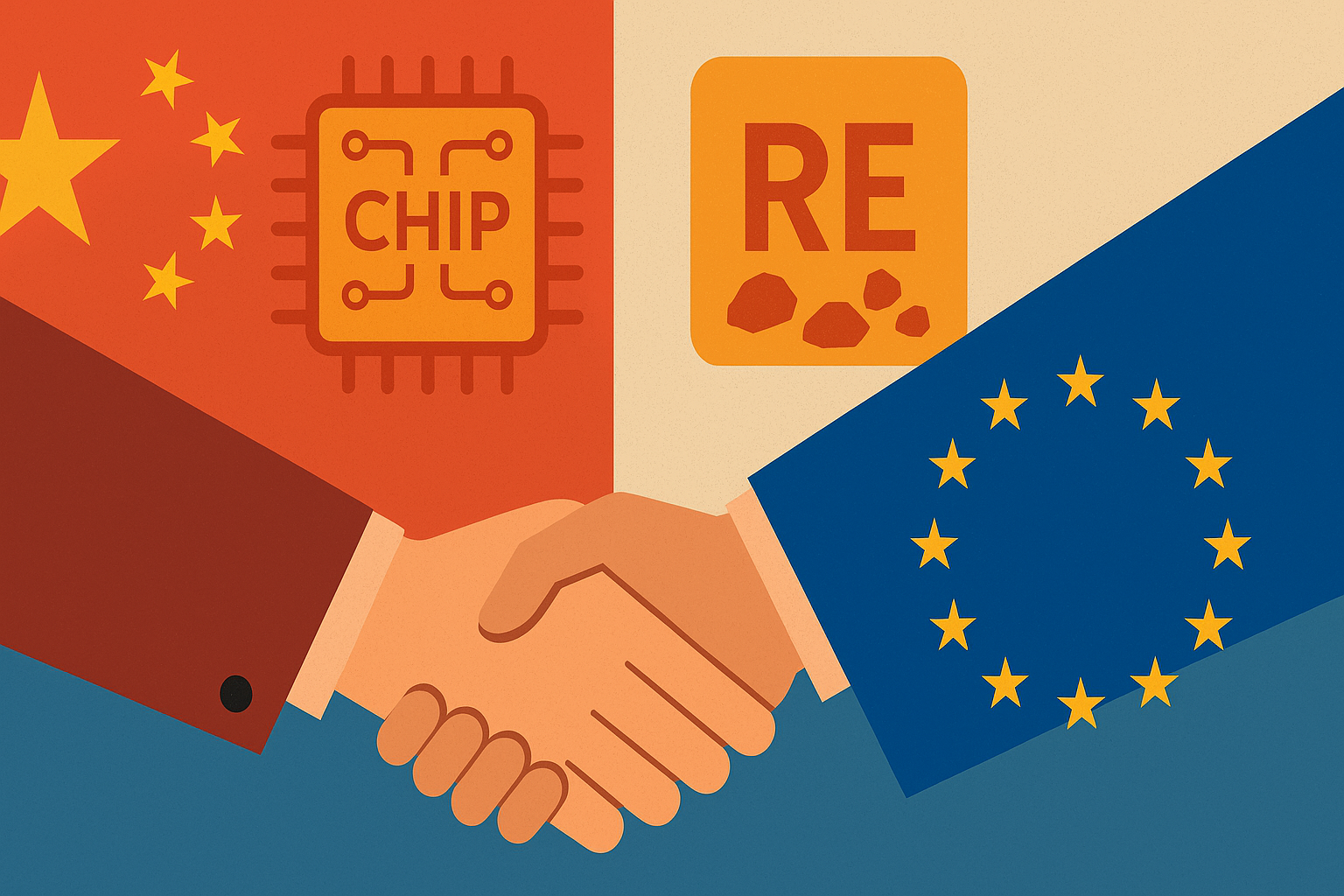Former Stellantis chief executive Carlos Tavares has warned that Chinese carmakers could become the “saviours” of Europe’s struggling auto industry — while ultimately taking it over. In an interview with the Financial Times, Tavares predicted a decade-long transformation in which China’s automakers acquire or invest in European factories on the brink of closure, preserving jobs but hastening the decline of Western car brands.
Chinese Expansion and European Vulnerability
According to Tavares, Chinese manufacturers are poised to capitalize on Europe’s financial and regulatory pressures. As European automakers face strict emissions laws, high production costs, and political uncertainty over electric-vehicle (EV) policies, Chinese firms such as BYD, Geely, and Leapmotor are gaining ground with competitively priced EVs and hybrids.
“When a Western carmaker is in deep trouble, a Chinese company will step in, save the factory, keep the jobs, and be seen as the hero,” Tavares said.
He noted that this dynamic is already unfolding through partnerships like Renault’s alliance with Geely and Nissan’s collaboration with Dongfeng, which may soon begin producing vehicles at the UK’s Sunderland plant.
A “Darwinian” Shake-Up in Global Auto Markets
Tavares, who led the 2021 merger between PSA Group and Fiat Chrysler that created Stellantis, resigned nearly a year ago after internal disagreements over the company’s EV strategy. In his newly released memoir A Pilot in the Storm, he predicts that only five or six major automakers will survive globally — led by Toyota, Hyundai, and Chinese giants such as BYD and Geely. He also forecast that Tesla will eventually be overtaken by its Chinese rivals.
Criticism of EU Policies
The Portuguese executive criticized the European Union’s decision to ban the sale of new internal combustion engine cars by 2035, calling it “stupidity” that has forced companies into costly, rigid transitions. He predicted the EU will ultimately reverse the ban, arguing that hybrid technologies should remain part of the market.
“Who is holding the EU to account for the €100 billion in investments that may now go unused?” he asked, warning of wasted capital and lost competitiveness.
Chinese Motives and Industry Consequences
Tavares, who helped Stellantis secure a 20 percent stake in China’s Leapmotor to expand internationally, admitted he was aware of the risks. “They want to swallow us someday,” he said. His remarks come as Chinese carmakers rapidly increase market share in Europe despite new tariffs imposed by Brussels.
The former CEO suggested that Stellantis, while structurally sound for global competition, still has “three factories too many in Europe” — a sign of overcapacity and declining demand.
The Road Ahead
Tavares concluded that Europe’s auto sector faces an existential test: adapt to global realities or be absorbed by foreign competitors. While Chinese manufacturers may initially appear as rescuers, he warned, their long-term goal is dominance.
“I have no regrets,” he said, “but the auto industry must understand — the storm is already here.”








